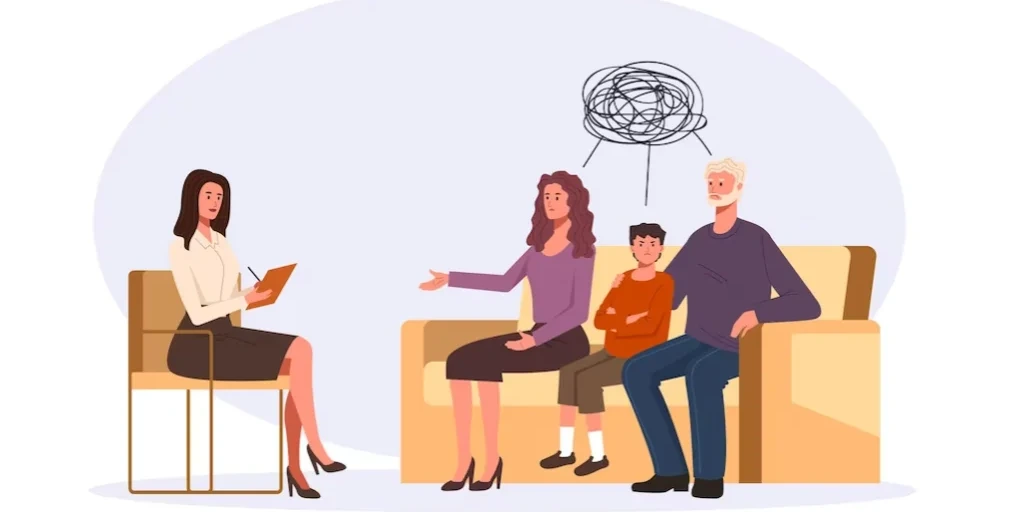24/7 Helpline:
(866) 899-221924/7 Helpline:
(866) 899-2219
Learn more about Residential Rehab centers in Zapata County
Residential Rehab in Other Counties

Other Insurance Options

Health Choice

EmblemHealth

Ceridian

BHS | Behavioral Health Systems

ComPsych

Magellan

BlueCross

Providence

Covered California

Optum

Sliding scale payment assistance

Health Partners

Kaiser Permanente

Access to Recovery (ATR) Voucher

Multiplan

Horizon Healthcare Service

BlueShield

Highmark

UnitedHealth Group
Beacon















SCAN – Serving Children and Adults in Need
Serving Children and Adults in Need (SCAN) provides outpatient services for teens. They provide serv...

Border Region
Border Region is a private rehab located in Zapata, Texas. Border Region specializes in the treatmen...










